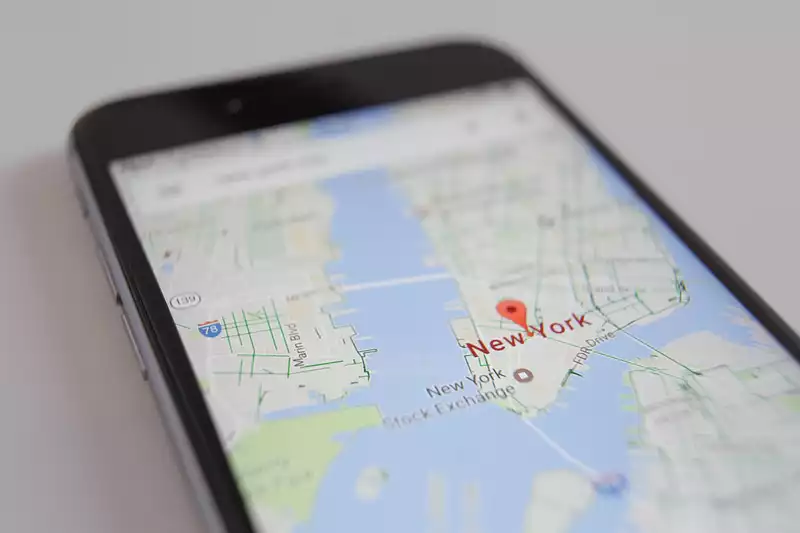Google and Facebook are among the companies exploring potential uses for aggregated location information in the current climate in which containing the coronavirus pandemic is a top national priority. This includes knowing where people are when they hear suggestions for social distancing or evacuation orders implemented to contain the epidemic.
Google confirmed to the Washington Post that it is "exploring the potential for aggregated, anonymized location data to help in the fight against COVID-19. Google Maps data, for example, provides insight into when grocery stores are crowded or groups of people are congregating elsewhere.
A spokesperson told the Post that the partnership with the government "will not share data about an individual's location, movements, or contacts," but it is proposed to tag users who are confirmed to be infected.
Users' personal information will be hidden, but there are obvious concerns. The identities of infected individuals could be guessed by those in the community, increasing panic and exacerbating the social isolation measures currently in place.
In a livestream earlier this week, Facebook CEO Mark Zuckerberg responded to privacy concerns, stating, "At this time, we are not aware of any active conversations or requests with the US or other governments for direct access to our data."
It is worth noting that Facebook has in the past released disaster maps created by aggregating user location data; during the 2018 California wildfires, Facebook released maps that tracked users' movements as the raging fires spread.
In the case of the coronavirus, which has infected nearly 10,000 people in the U.S., Facebook data could help measure social distances in the epicenter of the outbreak, including California, Seattle, and New York. With this information, authorities could determine if containment recommendations are needed.
People are generally opposed to tech companies storing and sharing location information. While anonymity has been promised in coronavirus-related talks, there is clear concern that such relationships open the door to a fully exposed society.
While these are now non-personally identifiable points on a map, governments may eventually require each point to be tagged with personal information.
The Electronic Frontier Foundation, a longtime advocate against government surveillance, believes that while people are right to be skeptical, such measures are justified in the modern age.
"In the digital world as in the physical world, public policy must reflect a balance between collective interests and civil liberties to protect the health and safety of our society from epidemics," the EFF built on its Big Data-based Coronavirus Containment tool, it wrote in a statement addressing the tool.
Because of the historical precedent of such measures being extended beyond the time required, the EFF is calling for an expiration date and transparency surrounding the sharing of location data; the EFF also calls for a timeframe for when a government attempts to enforce mandatory quarantines based on data pulled from tech companies, and for a person to challenge the government It also supports due process, meaning that a person can file a complaint.
If you are concerned about tech companies sharing your location, you can turn off all of Facebook's and Google's location tracking settings.
In Facebook's mobile app, go to "Location Access" in Facebook's privacy settings and toggle the settings for your device; click here to learn how to disable Google's location history.
Apple told CNN that it is not participating in government discussions to share location data amid the coronavirus outbreak.
These conversations about location conversations are the latest in a series of related exchanges between tech leaders and the government. Government officials are seeking the help of these companies to combat the spread of misinformation and ease the public's transition to conducting their daily lives online.
.









Comments